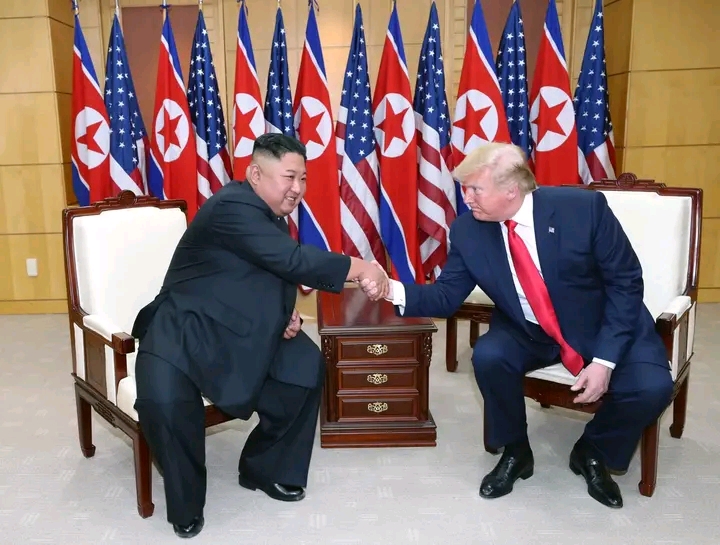
By Ollus Ndomu
North Korean leader Kim Jong Un has cracked open the door to dialogue with Washington, declaring he is ready to talk if the United States abandons what he called its “absurd obsession” with forcing his country to disarm.
Speaking at the Supreme People’s Assembly on Sunday, Kim said the path to talks lies in recognition, not pressure. “If the United States drops the absurd obsession with denuclearising us and accepts reality, and wants genuine peaceful coexistence, there is no reason for us not to sit down with the United States,” state-run KCNA quoted him as saying.
The remarks come as geopolitical currents shift. Former US President Donald Trump and South Korean leader Lee Jae-myung signaled at their White House meeting last month that they would be willing to engage with Kim. Trump, who met the North Korean leader three times during his presidency, leaned on his personal rapport. “Someday, I’ll see him. I look forward to seeing him. He was very good with me,” Trump said, adding that he knows Kim “better than anybody, almost, other than his sister.”
Kim himself nodded to that unusual history. “Personally, I still have fond memories of US President Trump,” he told lawmakers, signaling that he still views Trump as a figure he can work with, even as relations with Washington have been frozen since failed talks in 2019.
The feature of this moment lies in timing. North Korea continues to expand its missile arsenal, while US alliances in the region have deepened, with Washington and Seoul tightening joint defense postures. For Pyongyang, talks are framed not as disarmament, but as coexistence with its nuclear status recognized. For Washington, that remains the central obstacle, with successive administrations declaring denuclearisation the price of any peace settlement.
Whether this signals a diplomatic thaw or another round of calculated brinkmanship remains to be seen. But Kim’s choice of words: open, conditional, and edged with nostalgia for Trump-era engagement, suggests Pyongyang is testing Washington’s mood as the global stage itself tilts toward uncertainty.



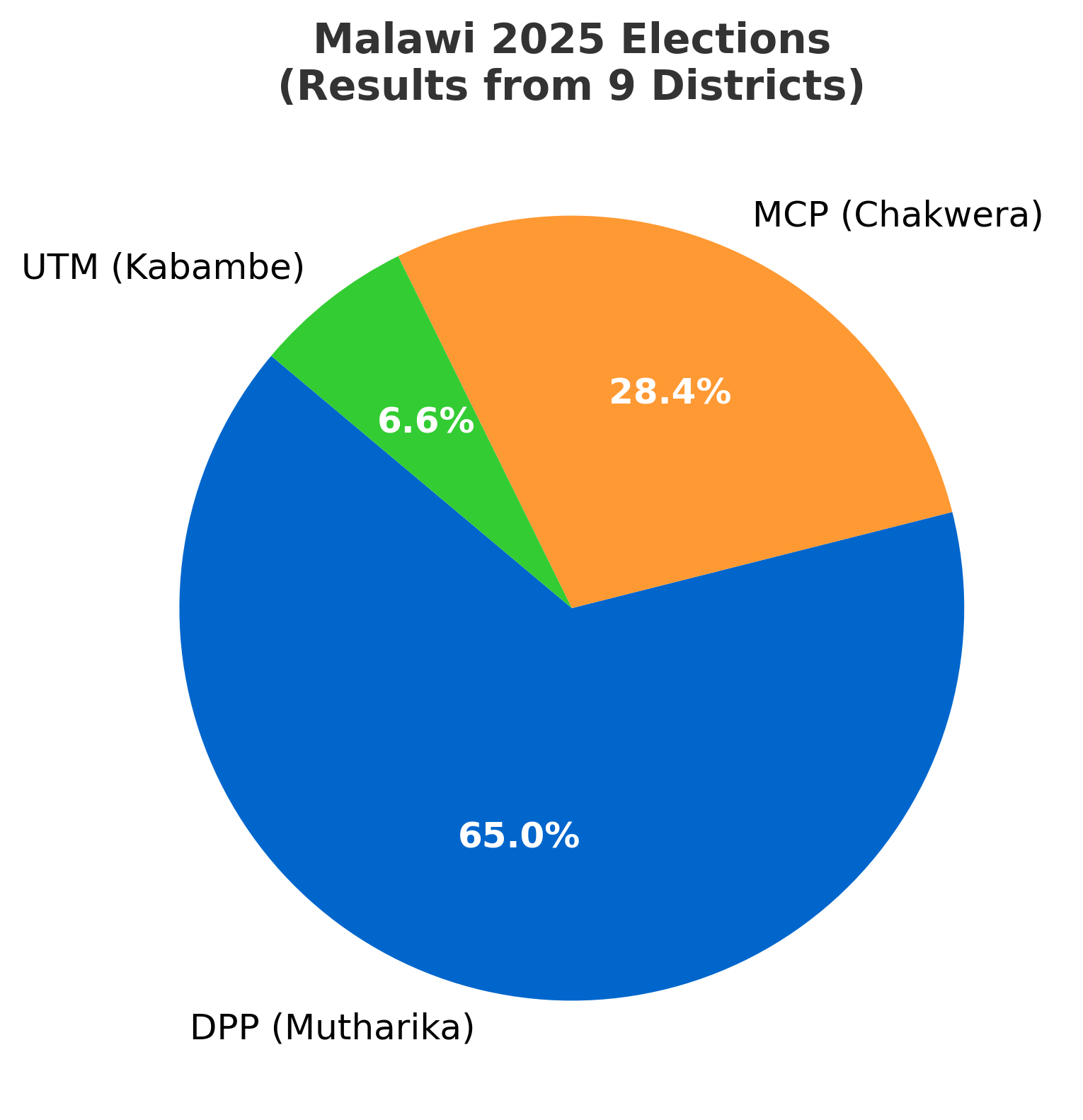 Malawi On Edge as Mutharika Pulls Ahead, MCP Alleges Fraud
Malawi On Edge as Mutharika Pulls Ahead, MCP Alleges Fraud 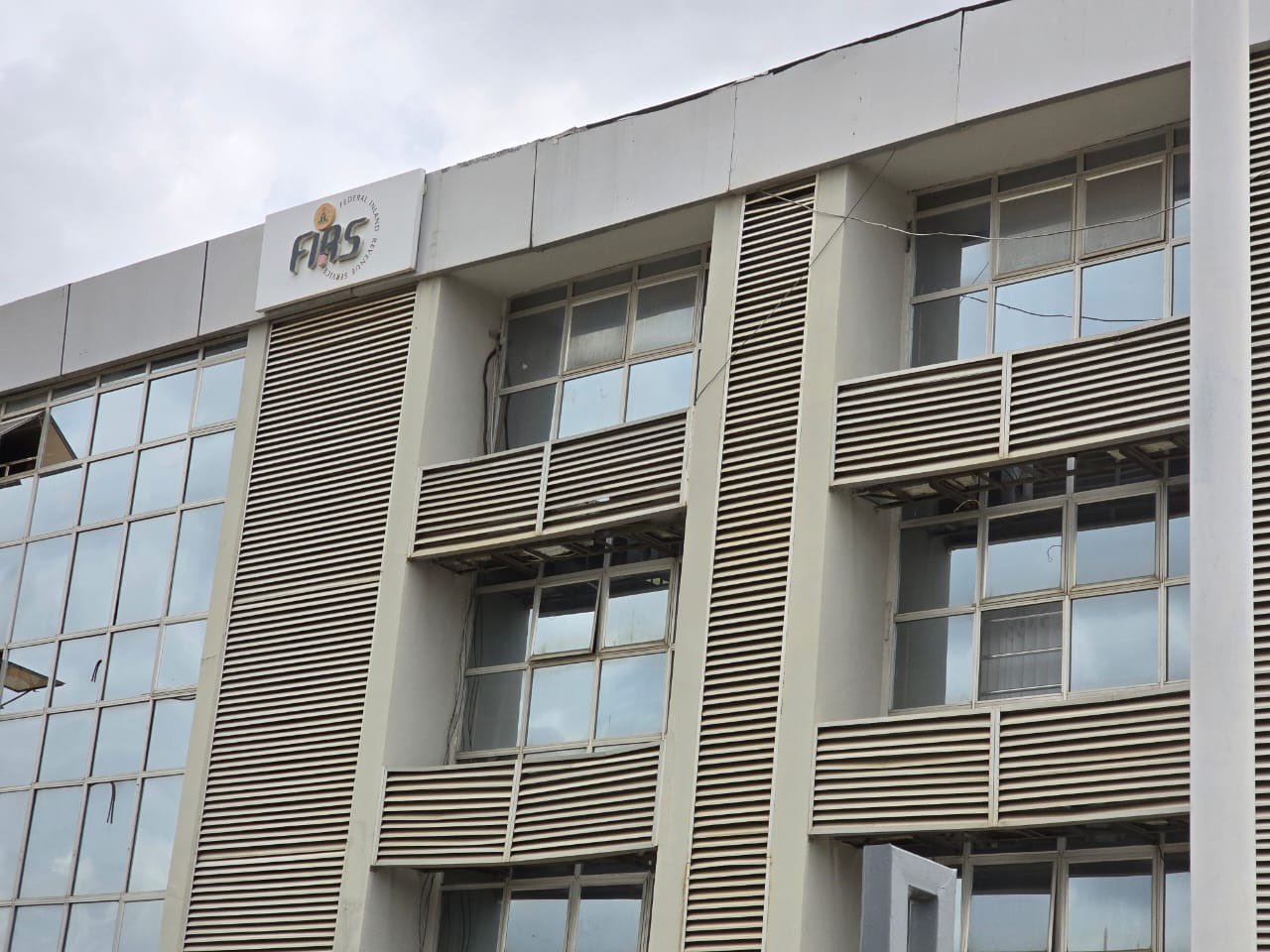 Nigerians Not Required To Get Separate TIN For Bank Accounts — FIRS
Nigerians Not Required To Get Separate TIN For Bank Accounts — FIRS  Nigeria : Chef Hilda Baci and the Recent held Abuja Cooking Festival
Nigeria : Chef Hilda Baci and the Recent held Abuja Cooking Festival 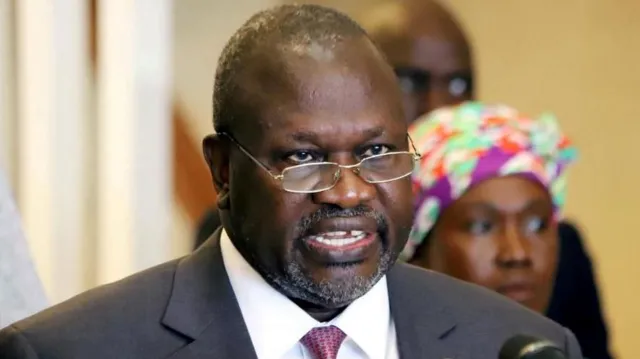 Vice-President Riek Machar Accused of Murder, Treason, and Crimes against humanity
Vice-President Riek Machar Accused of Murder, Treason, and Crimes against humanity 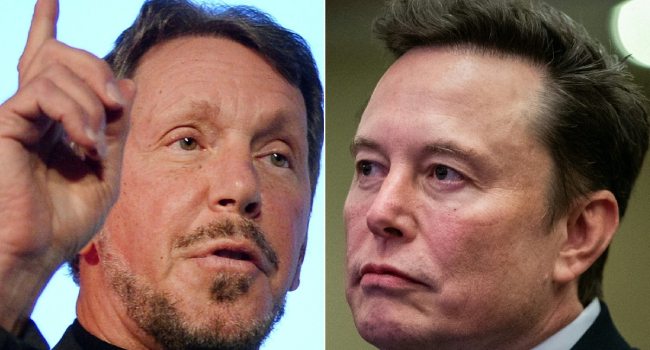 Larry Ellison Becomes World’s Richest Person, Overtakes Elon Musk
Larry Ellison Becomes World’s Richest Person, Overtakes Elon Musk 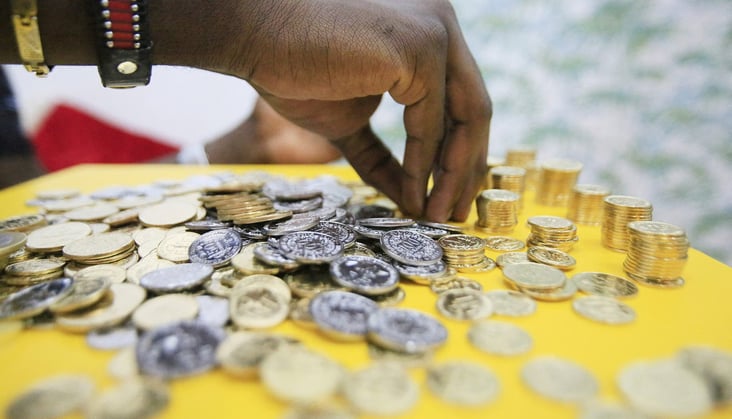 Burkina Faso, Mali and Niger Plan Joint Development Bank, Stirring CFA Franc Debate
Burkina Faso, Mali and Niger Plan Joint Development Bank, Stirring CFA Franc Debate 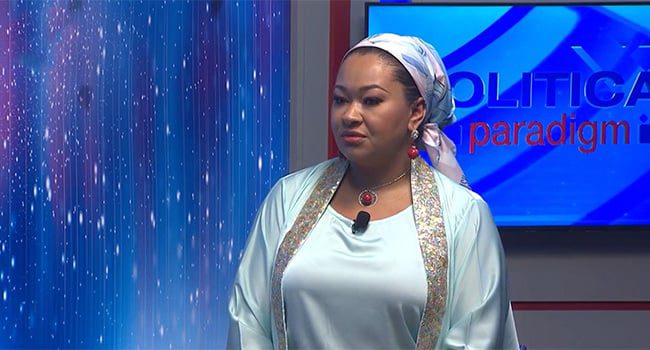 Women’s Groups Take Natasha Akpoti-Uduaghan Case to UN
Women’s Groups Take Natasha Akpoti-Uduaghan Case to UN 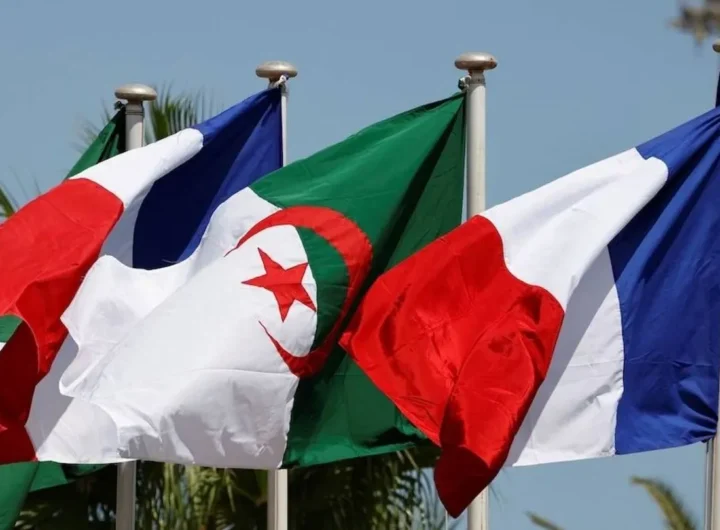 Algeria Stops Visa-Free Entry for French Diplomats
Algeria Stops Visa-Free Entry for French Diplomats  Civilians Killed in Fresh Attack on Mozambique Port Town
Civilians Killed in Fresh Attack on Mozambique Port Town 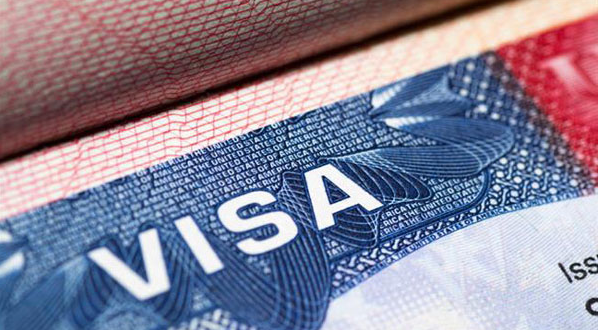 US Warns Nigerian Politicians Over Corruption, Issues Visa Ban Threat
US Warns Nigerian Politicians Over Corruption, Issues Visa Ban Threat